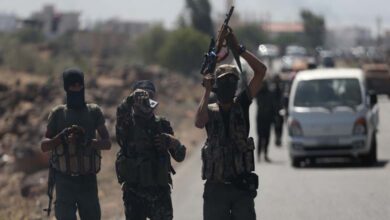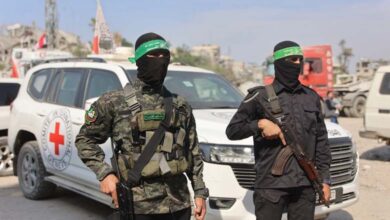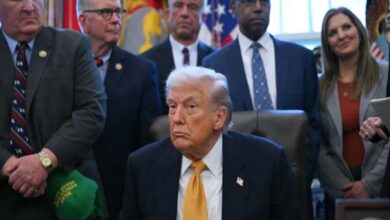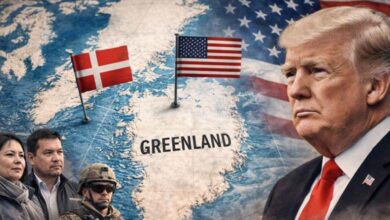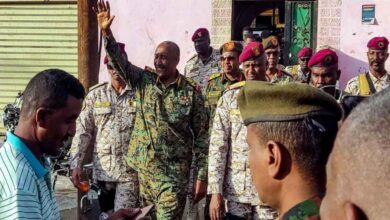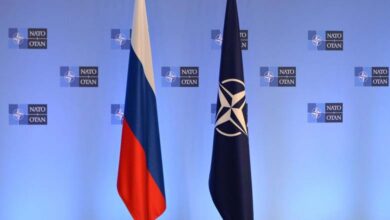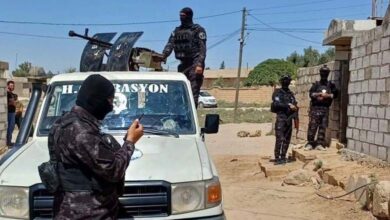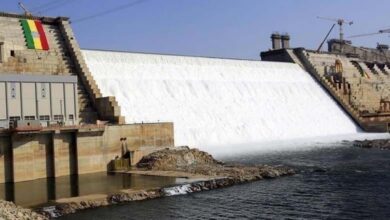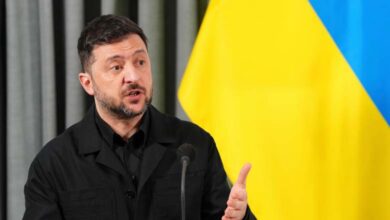Hemeti proposes initiative to end conflict and establish new state
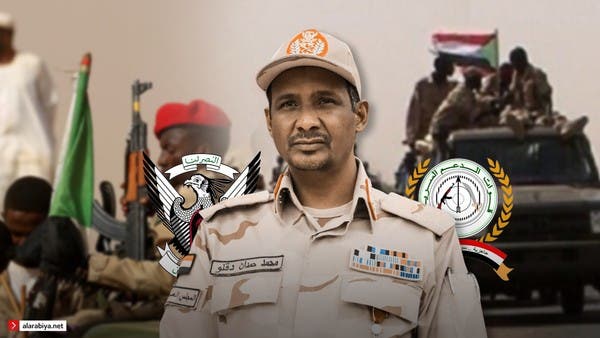
The leader of the Rapid Support Forces, Mohamed Hamdan Dagalo “Hemeti,” has proposed an initiative to end the ongoing conflict between his forces and the Sudanese army
The initiative includes a vision for “establishing the new Sudanese state” and emphasizes his openness to negotiation for a long-term ceasefire. This marks a notable sign of Hemeti’s willingness to engage in direct talks between the conflicting parties, in contrast to the stubbornness displayed by Sudanese army commander Abdul Fattah al-Burhan, who has rejected numerous attempts to end the crisis and caused the delay of significant negotiations.
In a statement on the “X” platform, Hemeti stated, “The system of governance in Sudan must be federal, democratic, and civilian.” He elaborated that “the non-symmetrical federal system, in which the nature and type of authorities enjoyed by the constituent units of the federal union vary, is the most suitable for governing the country.” He called for building a “new Sudan” based on democracy, recognition of diversity, tolerance, and genuine peace, stressing that this new system can only be achieved through social justice.
He emphasized that “the correct approach to achieving sustainable peace in Sudan is to end and halt structural violence, exercised by the state against wide sections of Sudanese, particularly at the peripheries of Sudan.” He also stated that the ongoing war in Sudan is “a reflection or manifestation of the long-standing Sudanese crisis,” and it requires reaching an agreement for a long-term ceasefire coupled with comprehensive political solutions that address the root causes of Sudan’s wars. He urged that the April 15th war should be the end of all of Sudan’s wars.
Hemeti further asserted that “the current crisis can be resolved by returning to what the Rapid Support Forces have always adhered to, which is a peaceful solution.” He mentioned that the civilian democratic governance system is based on fair and free elections at all levels of governance, enabling all Sudanese to participate in determining their political destiny.
He also called for involving a larger and wider political and social base, including political parties, civil society organizations, stakeholders, women, from all regions of Sudan. He stressed the necessity of “establishing and building a new Sudanese army from the existing multiple forces with the aim of creating a national professional military institution that stands apart from politics.”
Regarding the negotiation subjects with the warring parties, Hemeti highlighted the issue of establishing a new national professional army, the transitional period and transitional civilian governance, comprehensive and just sustainable peace, the federal system and its structures, levels, authorities, and resource distribution, and transitional justice. He emphasized the need for the negotiations to involve forces “that resisted the tyranny of the ideological regime of Omar al-Bashir and brought it down,” whether these forces are in the center or the peripheries, including professionals, resistance committees, youth, and women.
He concluded that “peace does not mean silencing the sounds of guns or stopping the continuous assaults by the oppressive and non-oppressive state institutions on citizens, their lands, or their properties. It also means ending the obvious disparities for everyone in political participation, wealth distribution, and the available opportunities for communities, groups, and individuals to progress to the maximum extent possible in a society where social justice is available.”


